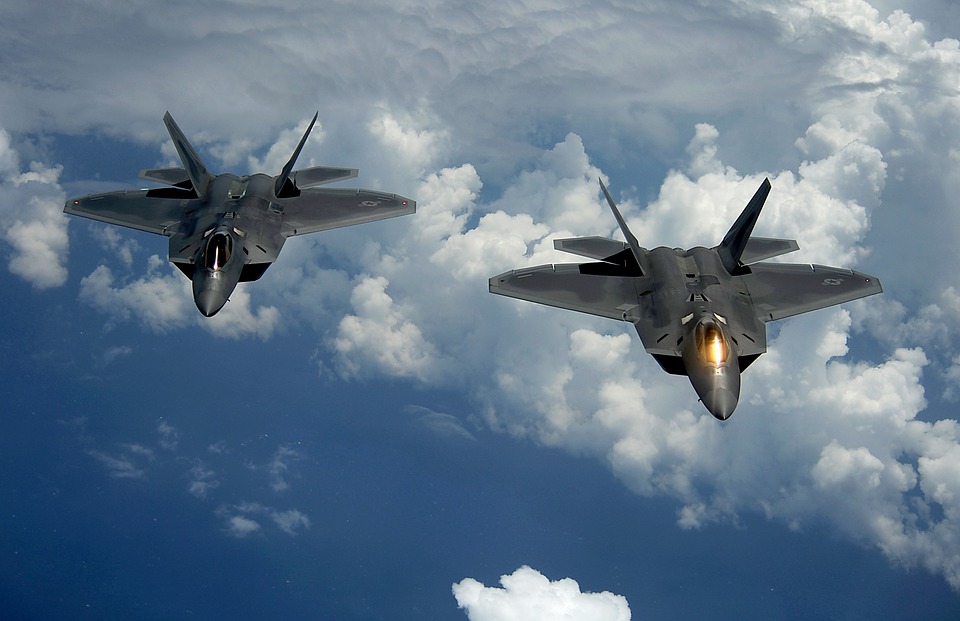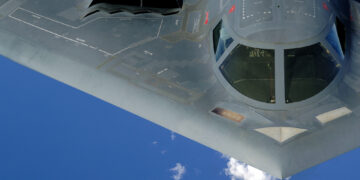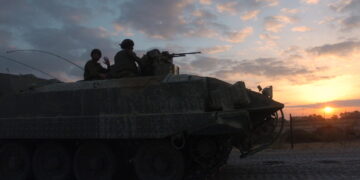February 3, 2024
What will U.S. air strikes actually achieve?

The 28 January drone strike in Jordan that killed three American soldiers and wounded 40 more necessitated a U.S. military response. Under no scenario was President Biden not going to retaliate. The question was how strong the retaliation would be. We now have the answer.
Yesterday’s series of airstrikes against the Iran’s Islamic Revolutionary Guard Corps (IRGC) and Iranian-supported militias was by far the largest U.S. military operation we’ve seen in Iraq and Syria since Biden’s term began. Before yesterday, the U.S. limited its operations to precision strikes to one or two militia facilities at a time. Those operations didn’t result in the deterrent effect the White House was looking for. The militia attacks continued at a high clip, so much so that it was unusual for several days to go without an incident. Biden and his advisers obviously felt something grander needed to be done. And grander it was: U.S. aircraft, including long-range B-1 bombers, struck more than 85 IRGC and militia targets in seven locations using 125 precision munitions. While the battle damage assessment is ongoing, the Pentagon is happy with the result. “We feel really confident,’ was how General Douglas Sims, the director of the Joint Staff, described it.
Republican lawmakers, of course, weren’t impressed with the response. Roger Wicker, the top Republican on the Senate Armed Services Committee, blasted the administration for telegraphing the U.S. response a week in advance, which allowed the Iranians to move some of their advisers out of harm’s way. It’s a legitimate complaint from a military perspective but was likely a part of the administration’s strategy; in the service of avoiding a regional escalation or a war with Iran, Biden didn’t want to kill Iranians if he could avoid it.
Other actors, like the Iraqi government, weren’t pleased with U.S. military action either. Iraqi Prime Minister Mohammed Shia’ al-Sudani and his political base, which in essence centres on the political wings of the very Shia militias the U.S. targeted last night, have grown increasingly irritated at how Washington is acting in their country. U.S. policymakers would argue that they have the right to defend their people from attack, particularly if the Iraqi army is unable or unwilling to rein the militias in. The Iraqis, however, don’t find that claim persuasive, if only because the Americans are in Iraq today at the invitation of the Iraqi government. ‘These airstrikes constitute a violation of Iraqi sovereignty, undermine the efforts of the Iraqi government, and pose a threat that could lead Iraq and the region into dire consequences,’ the Iraqi military’s spokesman said in a statement.
More on Middle East

By Jennifer Kavanagh and Dan Caldwell
June 28, 2025
Events on Middle East








